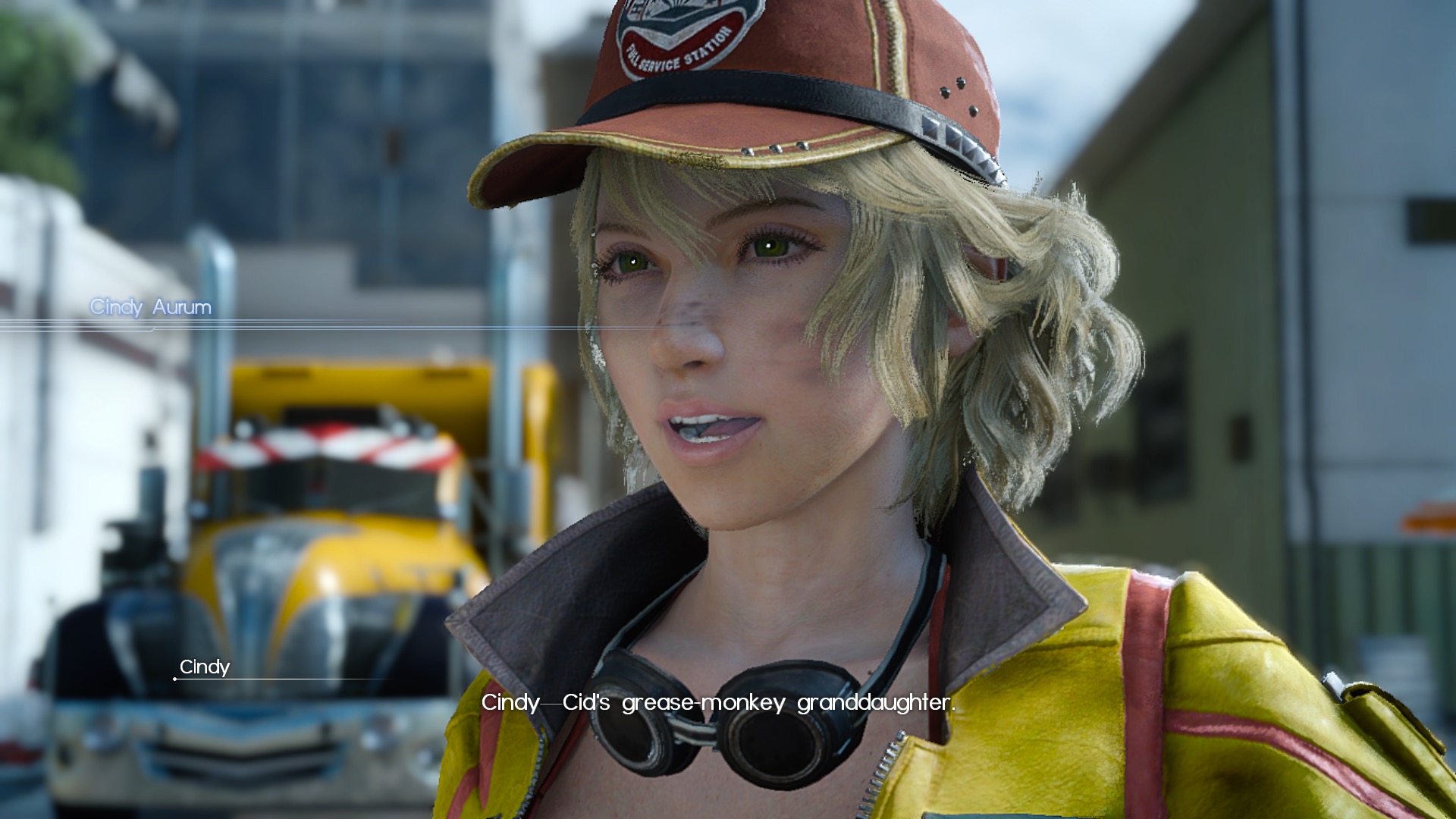While listening to the recent episode of Abnormal Mapping on Final Fantasy XI, host Jackson Tyler and special guest Austin Walker talked about how the number next to “mainline” Final Fantasy games doesn’t really mean a whole lot. They talked about how it was preposterous that games like Final Fantasy Tactics or Bravely Default weren’t numbered Final Fantasy games despite absolutely being Final Fantasy games in spirit, and how the number is really meant to serve marketing purposes while gamers also (sometimes erroneously) take it to mean a given game will reach a certain marker of quality. (Again, think about how wild it is that Octopath Traveler and its sequel aren’t just mainline Final Fantasy games.) While I was listening to the episode, I was multitasking: reading Talen Lee’s 2019 essay “Fabula Nova Crystallis” while also playing through Chapter 8 of Final Fantasy XV.
This all led to a thought crystallizing (sorry): Final Fantasy, the brand, acts like a mirror while also being a good marker of time. It acts like a mirror on two levels: the individual and the cultural. With regard to the individual perspective, nobody can actually say it better than Lee himself: “The people who made these games, at least the first wave of them, were so uncertain as to what their games were actually about that they were able to accidentally a homosexuality and seemingly not even notice. They can put whatever label they want on the claim they had a plan going in, but they don’t have one. Your game, the story you found, the thing you experienced, that’s going to be a much better story than what they’re pretty confident they put there. They have their part to play, but you’re the one who weaves the story together.”
Culturally and historically I think Final Fantasy acts like a mirror of where video games are at any given moment. It reflects the anxieties and desires of the industry and its critics, trying to appeal to players of the given era. Starting with Final Fantasy XIII I think the prominent feeling these games reflect is anxiety. They’re attempts to respond to, and inadvertently become emblematic of, a kind of jingoistic dislike of JRPGs that I think morphs into a more general kind of conservatism that then reflects in both design and narrative. You feel this anxiousness throughout Final Fantasy XV especially, as if the game is asking you constantly whether its unwavering display of masculinity is enough. Fast forward to today: the “Woke Content Detector” will tell you that Final Fantasy XIII is “recommended” for containing “no woke content” while Final Fantasy XV should be shot into the sun for “containing overtly pro-DEI messaging.” Ah, well. Nevertheless.
I want to use this project to turn mirrors into lenses. Maybe I’m asking too much of these games in the process. Maybe Final Fantasy XVII will end up being the queerest video game of all time, debunking me forever. Maybe I should just play Get in the Car Loser and shut up about all this. But I suspect that through these video games there’s so much more we can observe about the world that received them.
Anyway, I’ve finished processing all the sources I have from the 2010s. Before I get into processing all the shit I’ve found from the 2020s I’m gonna start reading and thinking about how I want to format the first part of this thing.





